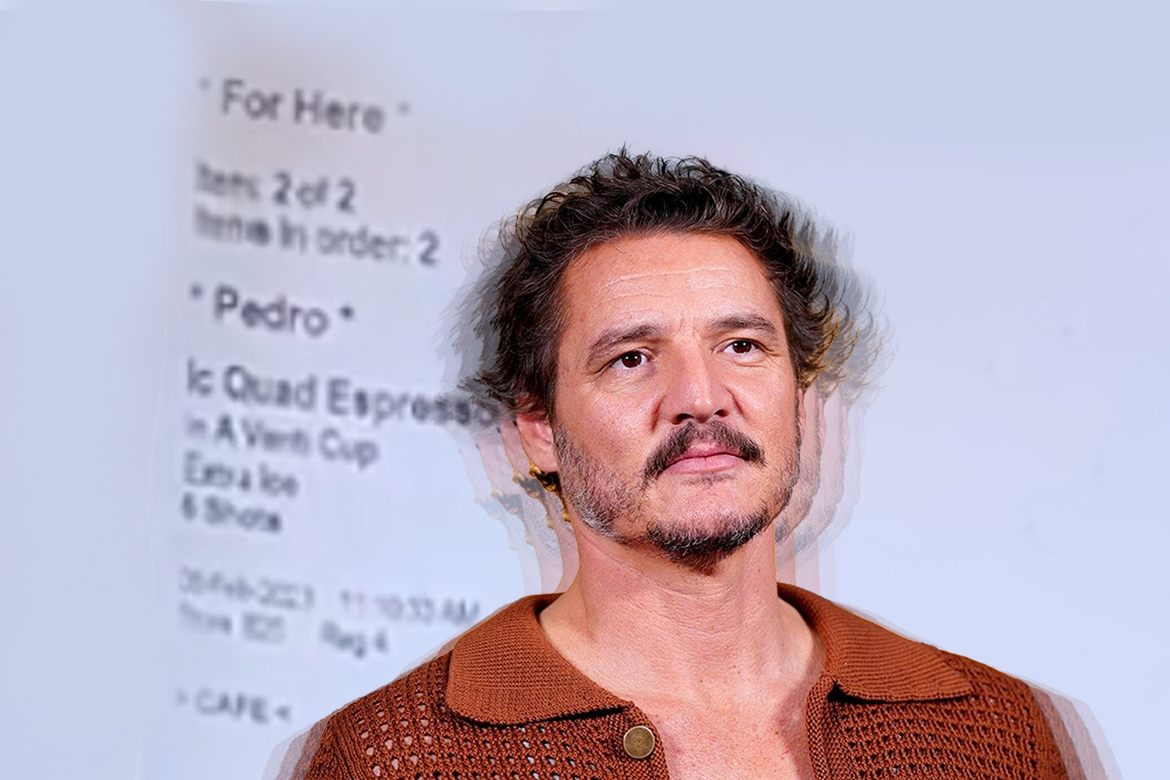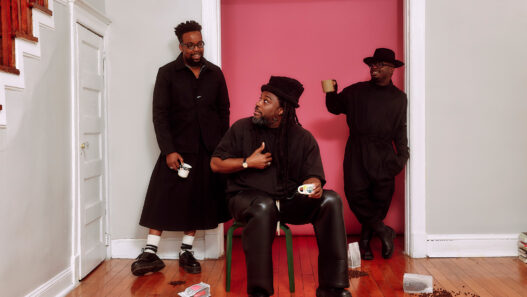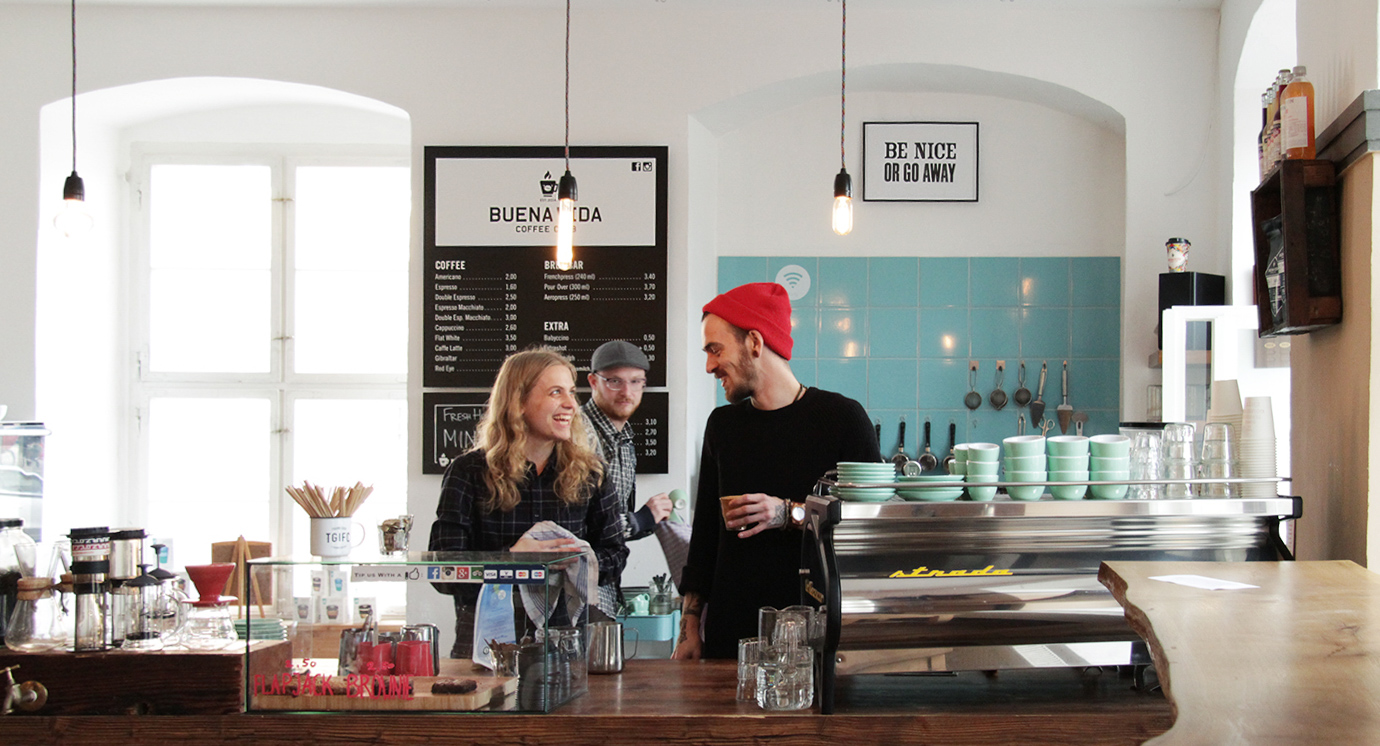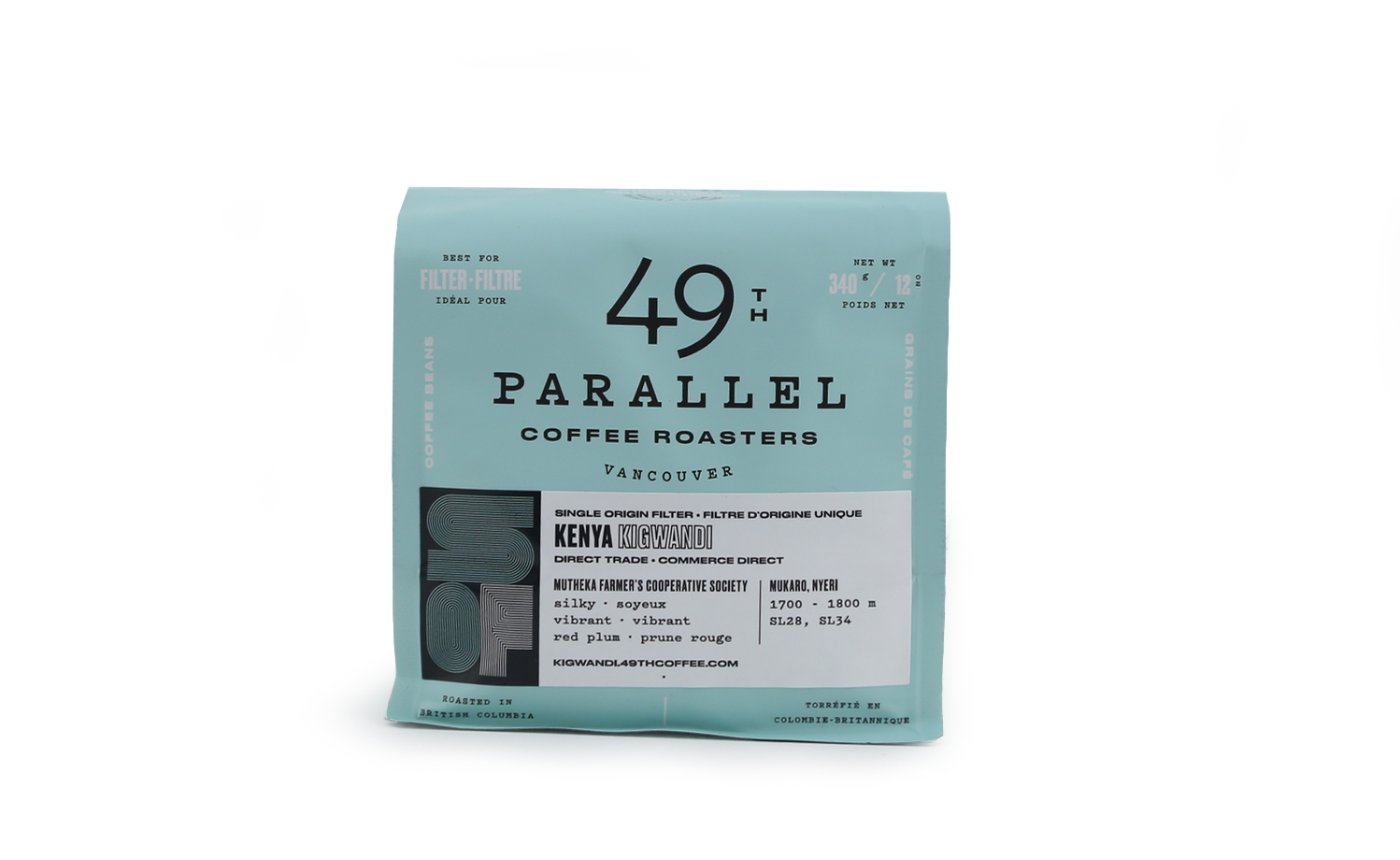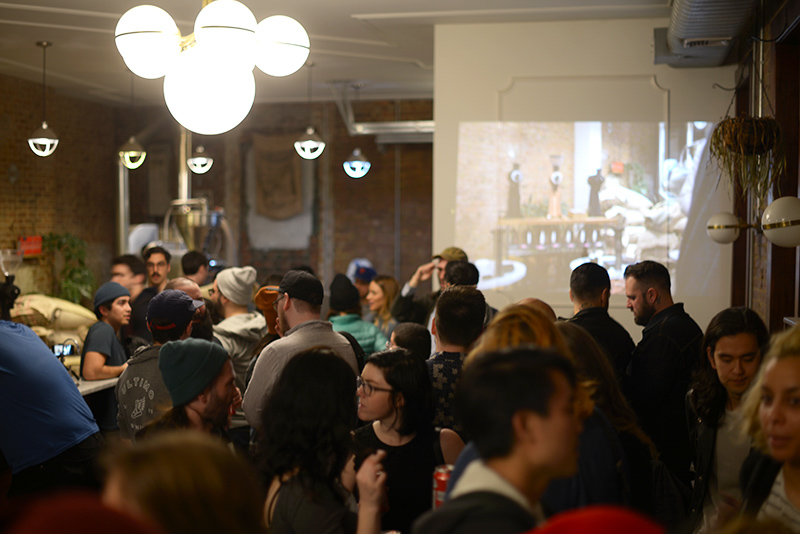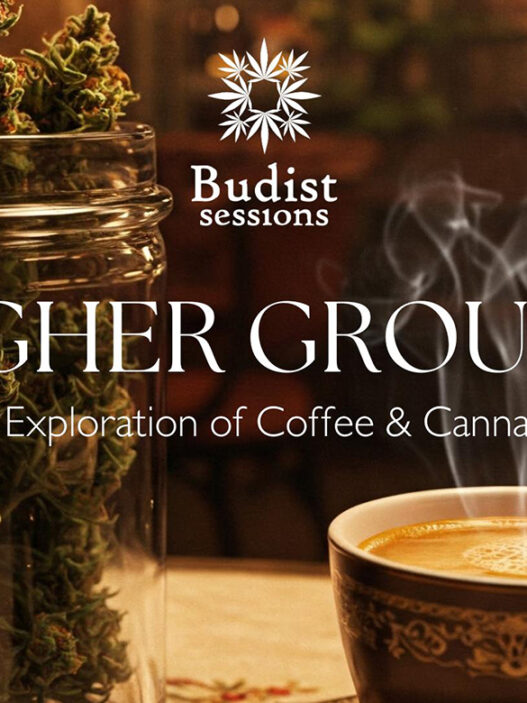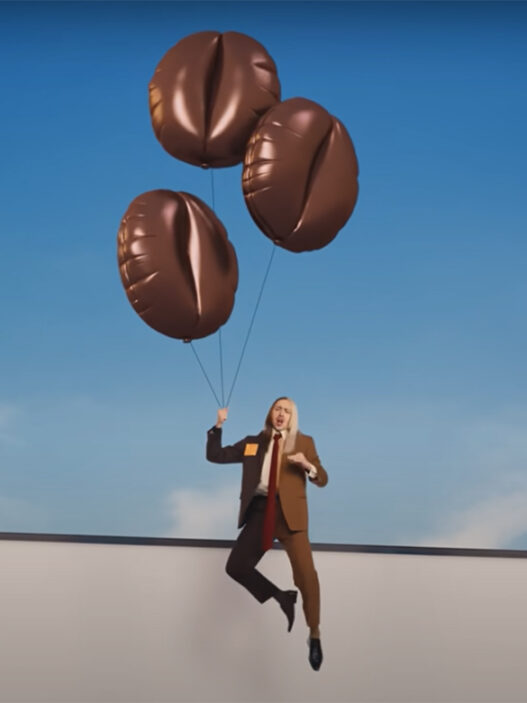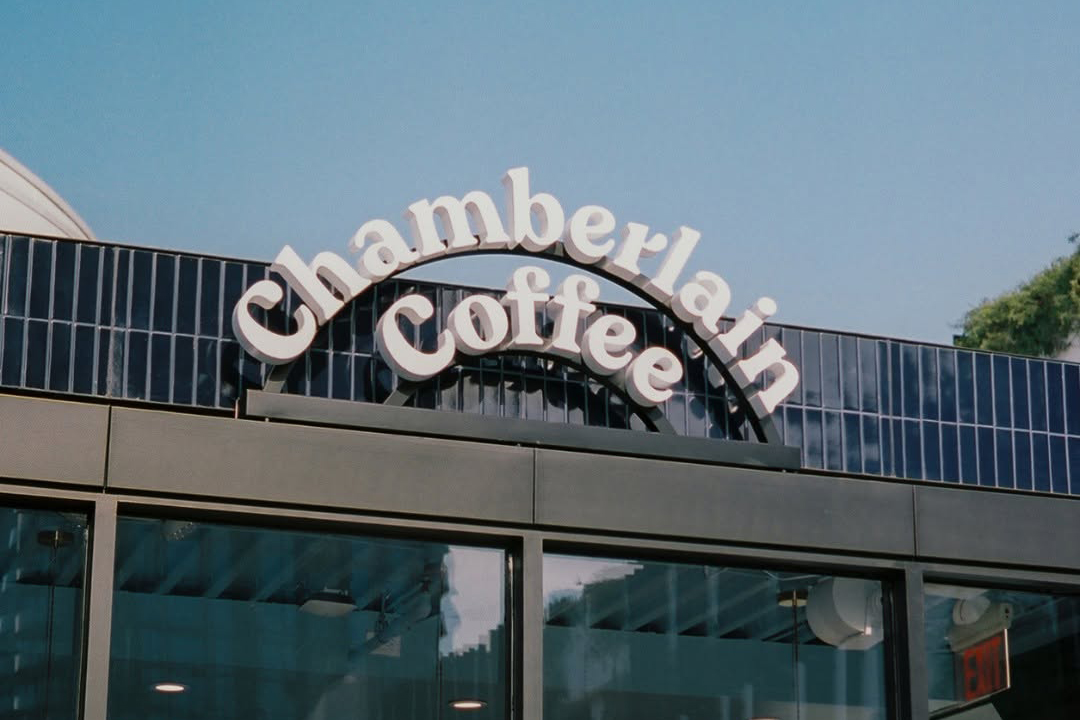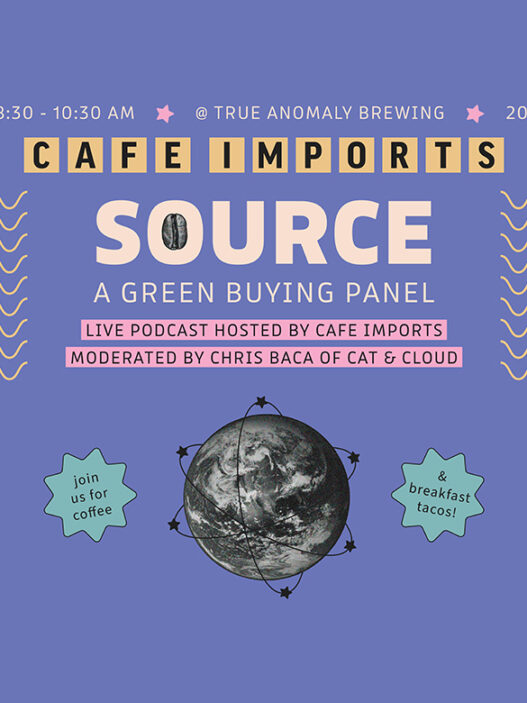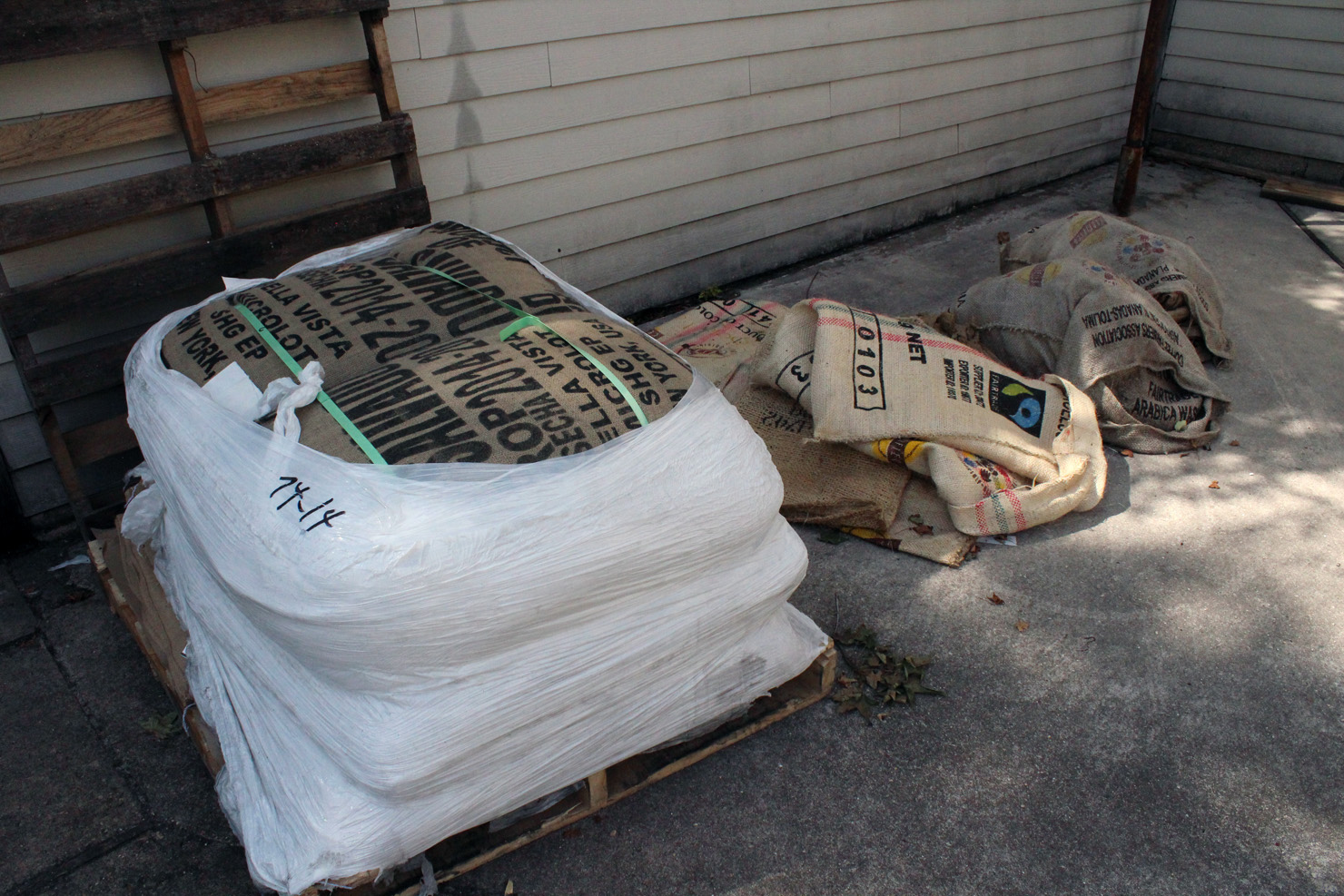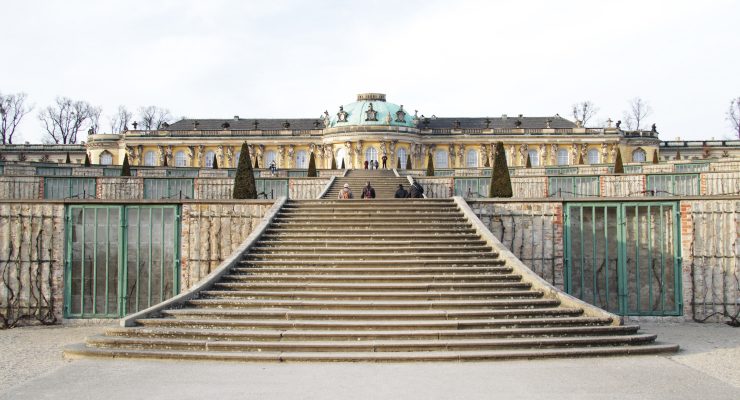
Patrick Berger is a hugger. Wearing a Steve Zissou-like red beanie, the owner of Buena Vida Coffee Club is a life-size German Tigger, bouncy and affectionate. He zips around his Potsdam cafe, greeting friends, joking with his baristas. A sign above the wooden counter says “Be Nice or Go Away,” and the rest of the cafe is decked out in pro-coffee stickers and posters like a teenager’s bedroom. Indeed, Berger’s enthusiasm is infectious. After 18 months, Buena Vida has established itself as the specialty-coffee shop and roastery in Potsdam. The cafe is bustling.
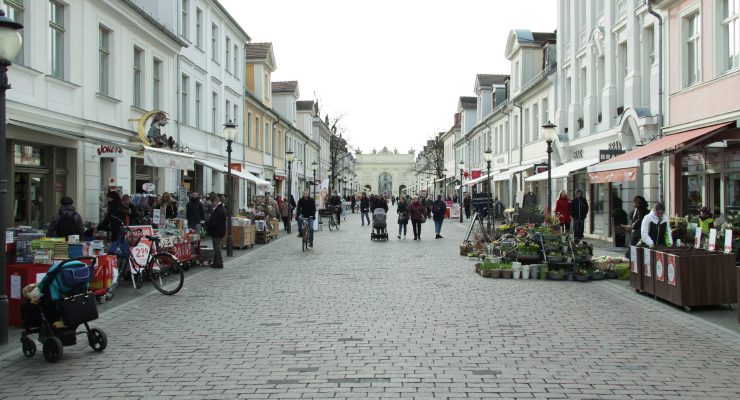
Potsdam is 45 minutes west of Berlin by train. Arriving there from the German capital is something of a shock: Potsdam is a pretty city, full of bakeries, palaces, and older folks walking pampered pooches. It is very clean. People smile more here. A popular day trip for Berliners and tourists young and old, the city has two lives, functioning as both a university town and a sort of Prussian museum. Most visitors come to tour the famous, glowing-yellow Sanssouci summer palace and Versailles-like formal gardens, the largest World Heritage Site in Germany. For centuries, the city was home to Prussian royalty and German kings, until 1918. Bookending that traumatic chapter of German history, in 1945 Potsdam was also the location of the Potsdam Conference, where the Allied powers outlined the future of Germany and postwar Europe, and the city fell under Communist rule.
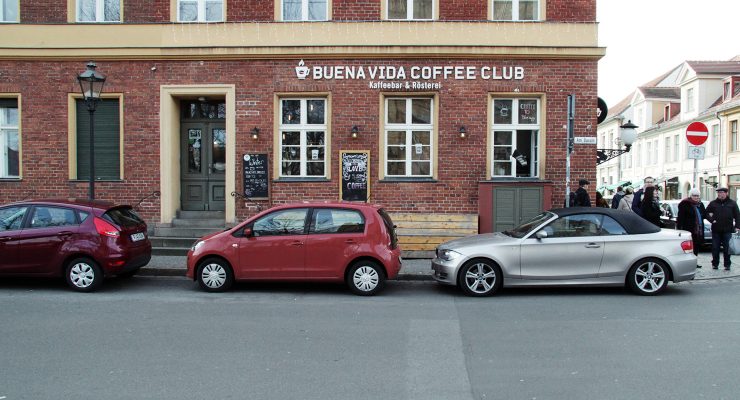
Brandenburg-born Patrick Berger moved to Potsdam as a university student, during which time he tumbled down the Third Wave-coffee rabbit hole. “Five years ago, a friend took me along and I had my first really, really good cappuccino(s) at Bonanza Coffee and Godshot [in Berlin]. I expected the bitter soup I always got at my grandmother’s. In that moment, it was not love at first sight, but step by step I found my way in.”
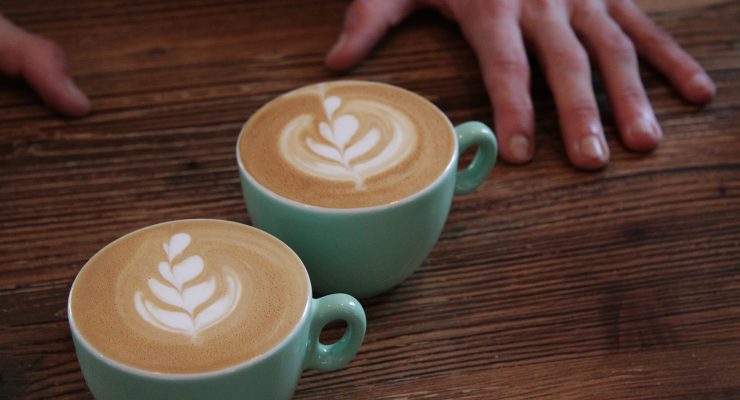
While working at Godshot and at another Potsdam cafe, Berger began DIY roasting in his living room. “I bought a small roaster, a Behmor, and I started buying green coffee.” He taught himself. “The first 20 million times it was just like burnt shit, but it improved, and then it was like, ‘Hey, you can sell that.’ From there, the idea that I wanted to have my own roastery grew, and here I am.”
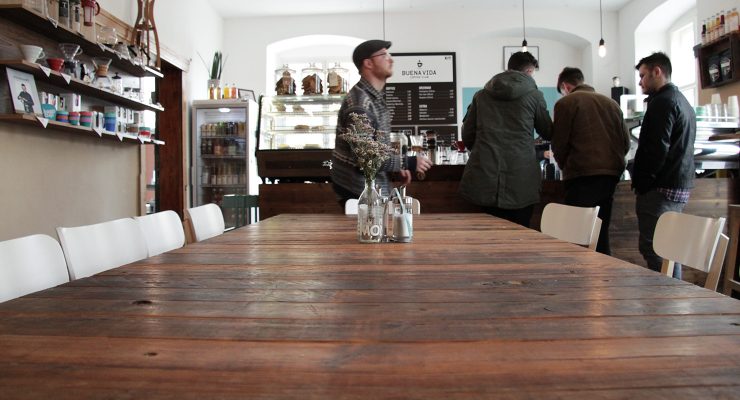
Though Berger professes he still has much to learn, his Buena Vida roasts have been gaining attention. Keen to lead Potsdam coffee drinkers beyond the dark Italian roasts favored in Germany, his initial efforts were polarizing: “The first coffee I was serving was a big, fruity, blueberry natural, so a lot of customers were like, ‘That’s not coffee, what the hell is that?’ ” But some customers were coming back three, four, even five times a day.
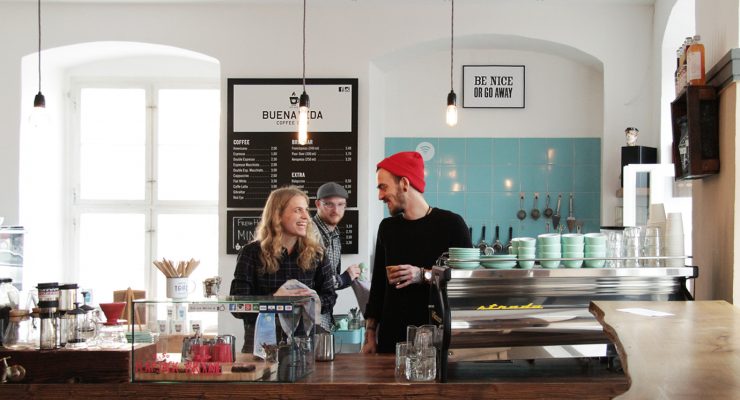
From the cafe’s La Marzocco Strada MP machine, I tried a very fine double espresso from the roast Berger’s proudest of: a single-origin Papua New Guinea Sigri that bursts with the sweetness of marzipan, the punch of ripe cherries, and the creaminess of almonds. When his Sigri won best espresso at a small competition last May against Hamburg heavyweights like Playground Coffee, Berger was over the moon. “It was the first espresso I’d ever roasted on my own and I was completely unsure if I’d done okay—and then we won!”
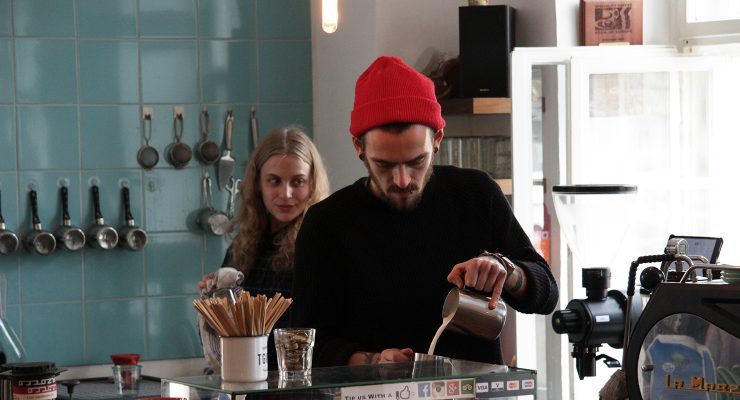
Buoyed by the affirmation of his peers, he’s kept trucking away on his own path. “I don’t want to be as light-roasted or Scandinavian as some of the Berlin roasters. My favorite roaster in the world is Stumptown. I love them, and what they try to roast is, for me, the perfect way: to find the sweet spot; to have not just the fruity notes or the bitter notes, but that spot where you have it all in one bean.”
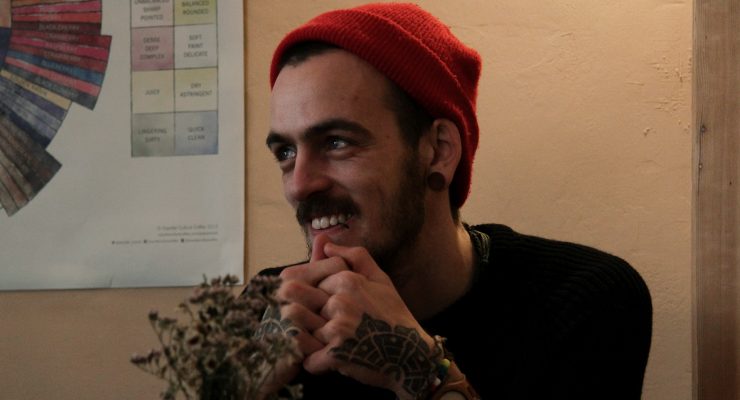
The Buena Vida roastery is situated 10 kilometers outside Potsdam, while the cafe sits on a corner of the cobbled main street, Brandenburger Strasse, in the city’s Dutch quarter, a picturesque neighborhood built in the 1700s. The cafe itself is part of a red-brick building that stretches across the block, perhaps once home to a Dutch army general, suggests Berger. Its historic status restricted renovations to the space, but invited other sweet décor features: brass coat hooks line the walls, and a tap juts out from the wooden counter, below the brew bar (which also offers AeroPress and pour-over options). Windows look onto a square with a Soviet cemetery and St. Peter and Paul Catholic church. Wooden tables and stools line the walls, and a long, communal table occupies the center, welcoming large parties or, more commonly, encouraging small groups to buddy up.
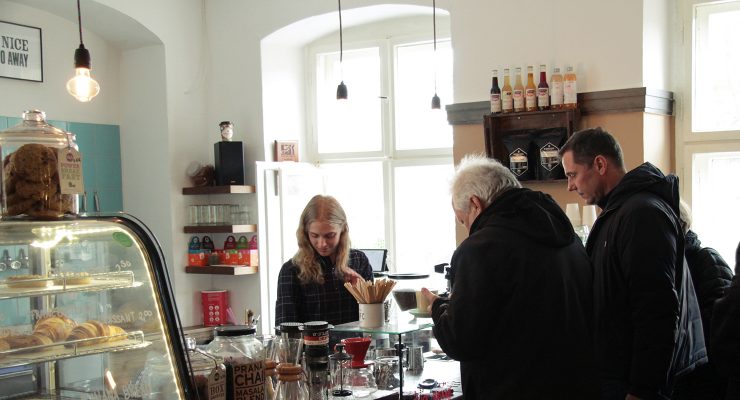
This growing sense of community is one of the reasons Berger’s so passionate about his business, and his city. “Potsdam is a lot quieter than Berlin, a lot more personal. In Berlin, a lot of things just happen on the surface. Here, so often it [gets] so personal, even with small talk. If you meet someone in Potsdam, you can definitely meet them again. I guess that’s what I love most. You have to be yourself, because it’s too small to wear a mask; there’s no room for theater. We have a very close relationship with a lot of our customers. Good friends are sitting at the table, and they come visit every single day.” For a killer coffee and, no doubt, a hug.
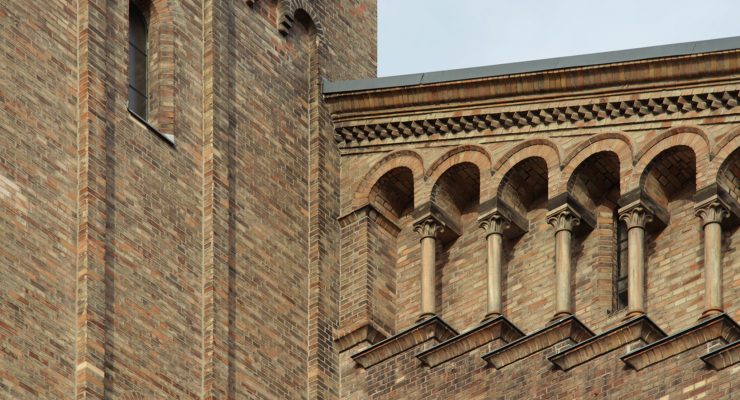
Annabel Brady-Brown is a freelance journalist based in Berlin, writing for ExBerliner and more. Read more Annabel Brady-Brown on Sprudge.
Photos by Septimus Brope.





